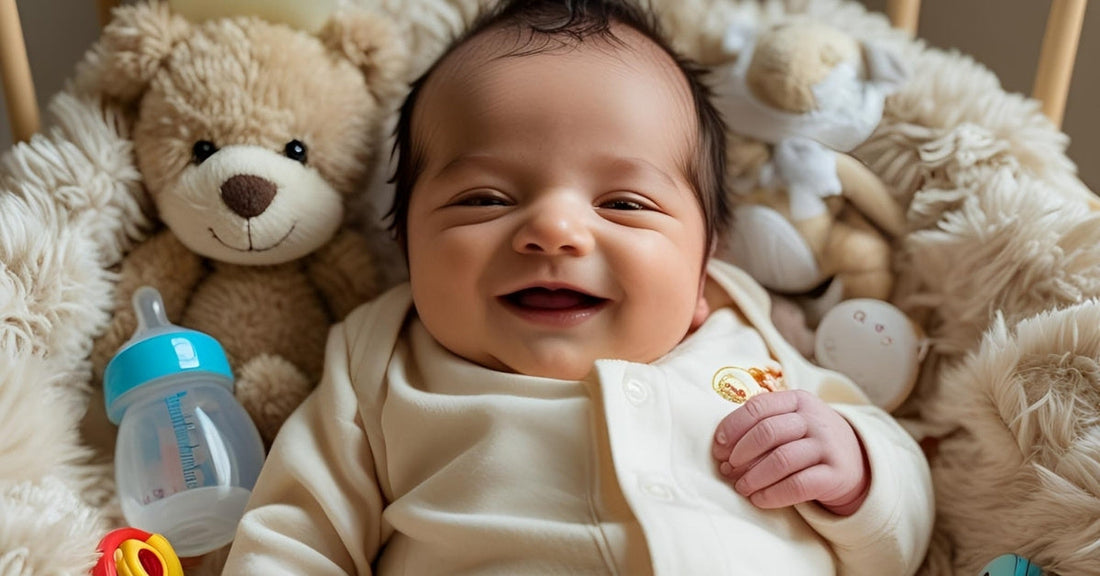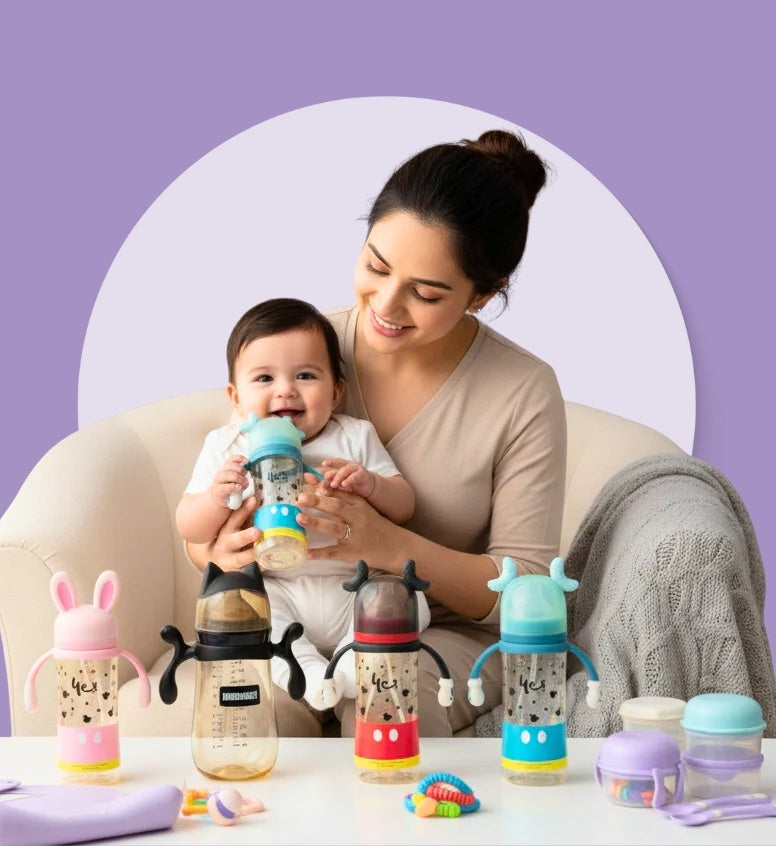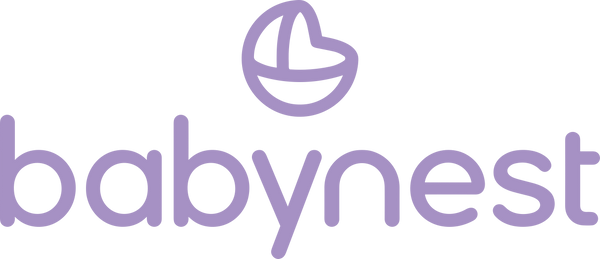
Ultimate Baby Care Tips for Newborns in Pakistan
Introduction
Welcoming a newborn into the family is a joyous milestone—but it also comes with countless questions. From how to soothe fussy evenings to choosing the right skincare routine, every mom (and dad) needs reliable, practical baby care tips. In this post, we’ll cover essential newborn care guidelines specifically tailored for Pakistani parents, helping you build confidence in those first crucial months.
1. Establish a Gentle Skincare Routine
Choose Baby-Safe Products: Opt for mild, fragrance-free baby washes and lotions that protect sensitive skin (look for labels like “hypoallergenic” or “dermatologist-tested”).
Bath Time Best Practices: Keep baths short (5–7 minutes) in warm water (around 37 °C). Use a soft, clean washcloth—never harsh exfoliants. Pat skin dry, then apply a thin layer of baby moisturizer to lock in moisture.
Protect From the Sun: In Pakistan’s hot climates, newborn skin burns quickly. Dress baby in light, breathable fabrics and a sun hat between 10 am–4 pm. For short outdoor trips, smear a tiny dab of SPF 50+ baby sunscreen on exposed areas (chin, ears, back of hands).
2. Master Safe Sleeping & Comfort
Back Is Best: Always lay baby to sleep on their back in a crib or bassinet with a firm mattress and no loose bedding—this reduces the risk of SIDS.
Swaddle Strategically: Use a lightweight cotton swaddle to help newborns feel secure. Leave the hips free to move, and stop swaddling once baby shows signs of rolling.
Monitor Temperature: Ideal room temperature is 22–24 °C. Overheating can lead to discomfort or restless sleep; check for sweaty or damp skin and adjust layers accordingly.
3. Feeding & Burping Basics
Breastfeeding Tips: Breast milk is best for the first six months. Ensure proper latch (wide mouth, lips flanged out). Feed on demand—watch for early hunger cues like lip-smacking or rooting.
Bottle-Feeding Alternatives: If using formula, choose an age-appropriate, reputable brand. Sterilize bottles thoroughly and mix formula with boiled, cooled water.
Burp After Every Feed: Hold baby upright over your shoulder, gently pat or rub their back until you hear a burp. This prevents gas discomfort and spit-ups.
4. Diapering & Hygiene 101
Frequent Changes: Newborns can soil 10–12 diapers per day. Change as soon as possible to avoid rashes.
Clean Gently: Use lukewarm water and a soft cloth (or fragrance-free wipes) to clean, pat dry, and then apply a thin layer of diaper rash cream if needed.
Umbilical Cord Care: Until the stump falls off, keep the cord area clean and dry—fold diapers below the stump. Avoid submersion; give sponge baths instead.
5. Recognizing Warning Signs
Fever & Illness: Any fever >38 °C (100.4 °F) in a newborn (under 3 months) requires immediate pediatric consultation.
Feeding / Weight Gain Concerns: Track wet diapers (6+ per day) and weekly weight gain (about 150–200 g/week).
Persistent Fussiness or Lethargy: If baby won’t settle despite feeding, burping, and changing—or seems unusually sleepy—seek medical advice promptly.
Conclusion & Next Steps
Mastering baby care is a journey—start with these foundational tips, and you’ll soon feel more confident handling your newborn’s needs. For detailed product recommendations (safe baby cleansers, gentle moisturizers, breathable swaddles), visit our [Baby Care Collection on Baby nest].




